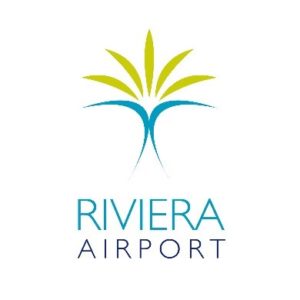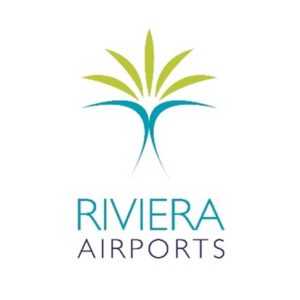Holiday disputes over the name of the airport
Summer months are the time of holiday travel, during which we often use air transport. No wonder countries and regions, as well as individual airports, are struggling to attract as many travellers as possible using catchy slogans and logos. That is why a dispute has arisen between two airports from neighbouring and very attractive for tourists regions – Italian Liguria and French Côte d’Azur.
Judgments of the General Court (Second Chamber) of 9 June 2021 in Cases T-396/20 and T-398/20
French Riviera attracts tourists who want to see picturesque Nice, the casino in Monaco or seaside resorts such as Cannes or Saint-Tropez. In nearby Liguria, the most popular attractions include the historic centre of Genoa, the colourful towns of Cinque Terre – both UNESCO World Heritage Sites, and San Remo, known for the Italian Song Festival.
The Italian airport in Villanova d’Albenga, which uses the name Riviera Airport, is not even the main airport in its region and accepts far fewer travellers than Nice airport. However, as we can see from this case, its ambitions go far as it decided to fight with a larger competitor for the exclusive use of the name.
The French company Aéroports de la Côte d’Azur, which is the operator of the Nice airport, registered in 2017 two EU figurative trademarks – RIVIERA AIRPORT and RIVIERA AIRPORTS, presented below:
Already at the stage of registration of the marks, the Italian company Aeroporto di Villanova d’Albenga SpA (Riviera Airport), the operator of a competing airport, filed objections, which were dismissed by the EUIPO. However, it did not give up after first defeats and after registration, it filed applications for invalidation of both marks, arguing that they had been filed in bad faith.
This time, too, the EUIPO was not persuaded by the Italians and pointed out that they had not provided any convincing evidence of the alleged prior use of the word designations 'RIVIERA AIRPORT’ or 'RIVIERA AIRPORTS’ or similar ones for any goods or services. The name Riviera Airport began to be used only after the company learned about the applications for registration of the contested marks by the competitor.
The General Court considering the appeals against the decisions of the EUIPO stressed that bad faith on the part of the trade mark applicant can be found where it is apparent that the proprietor of an EU trade mark had filed the application for registration of that mark not with the aim of engaging fairly in competition but with the intention of undermining, in a manner inconsistent with honest practices, the interests of third parties, or with the intention of obtaining an exclusive right for purposes other than those falling within the functions of a trade mark.
Similarly to the EUIPO before, the General Court also saw no bad faith on the part of the company applying for both marks. The Court also found no violations of the law in the impugned decisions and dismissed both appeals.
A good trademark is a big part of success on the market, which is why entrepreneurs often get into disputes over the rights to attractive logos. However, it is worth remembering that in order to be successful in court, one must have very solid arguments and appropriate evidence to support its claims.
See more:
Review of CJEU case law from 2.02.2026 to 6.02.2026
Judgment of 5 February 2026, EUIPO v Nowhere Co. Ltd, Case C‑337/22 P – The case concerned opposition proceedings relating to the application for registration of the EU figurative trade mark APE TEES: – On 30 June 2015, Mr Ye filed an application for an EU trade...
Review of CJEU case law from 26.01.2026 to 30.01.2026
Judgment – of 28 January 2026 – Montepelayo, SLU v. EUIPO, Case T-203/25– The case concerned opposition proceedings against the registration of an EU word mark. – Montepelayo, SLU filed an EU word mark application for TELOTRÓN for goods and services in Classes 5...
Review of CJEU case law from 19.01.2026 to 23.01.2026
Hesse v EUIPO – 19.01.2026 – Ferrari (TESTAROSSA), Case C‑597/25 P– The case concerned the procedure under Article 58a of the Statute of the Court of Justice for determining whether an appeal against a judgment of the General Court in EU trade mark proceedings should...


